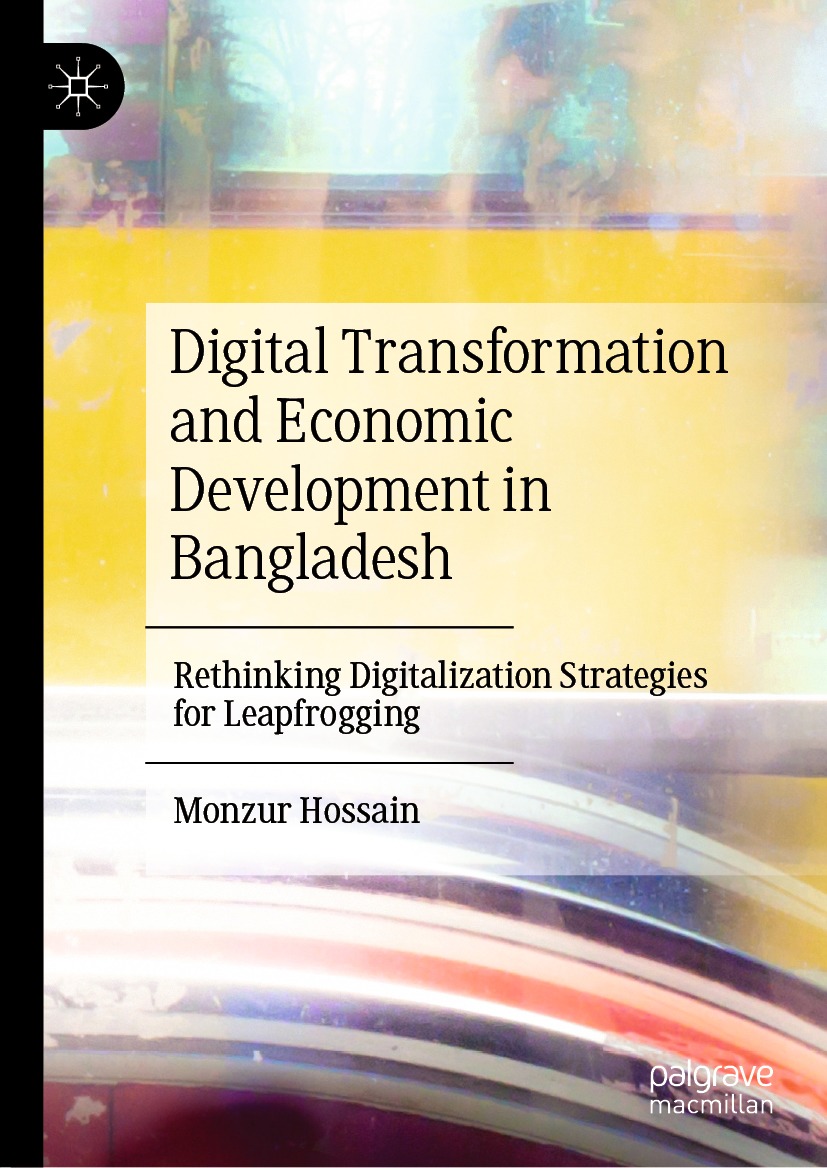This book examines the ability of citizens across ten European countries to exercise their democratic rights to access their personal data. It presents a socio-legal research project, with the researchers acting as citizens, or data subjects, and using ethnographic data collection methods. The research presented here evidences a myriad of strategies and discourses employed by a range of public and private sector organizations as they obstruct and restrict citizens’ attempts to exercise their informational rights. The book also provides an up-to-date legal analysis of legal frameworks across Europe concerning access rights and makes several policy recommendations in the area of informational rights. It provides a unique and unparalleled study of the law in action which uncovered the obstacles that citizens encounter if they try to find out what personal data public and private sector organisations collect and store about them, how they process it, and with whom they share it. These are simple questions to ask, and the right to do so is enshrined in law, but getting answers to these questions was met by a raft of strategies which effectively denied citizens their rights. The book documents in rich ethnographic detail the manner in which these discourses of denial played out in the ten countries involved, and explores in depth the implications for policy and regulatory reform.












